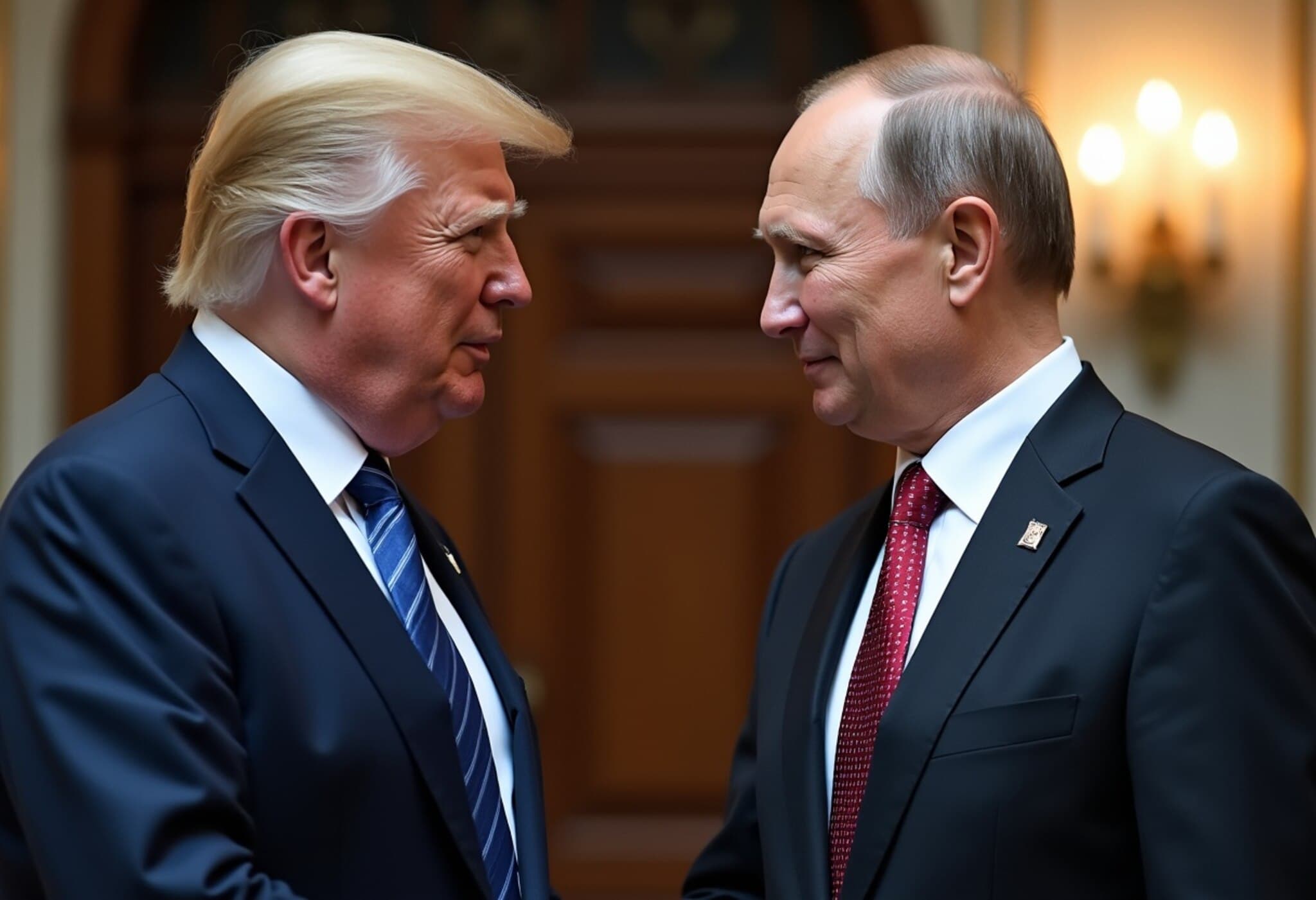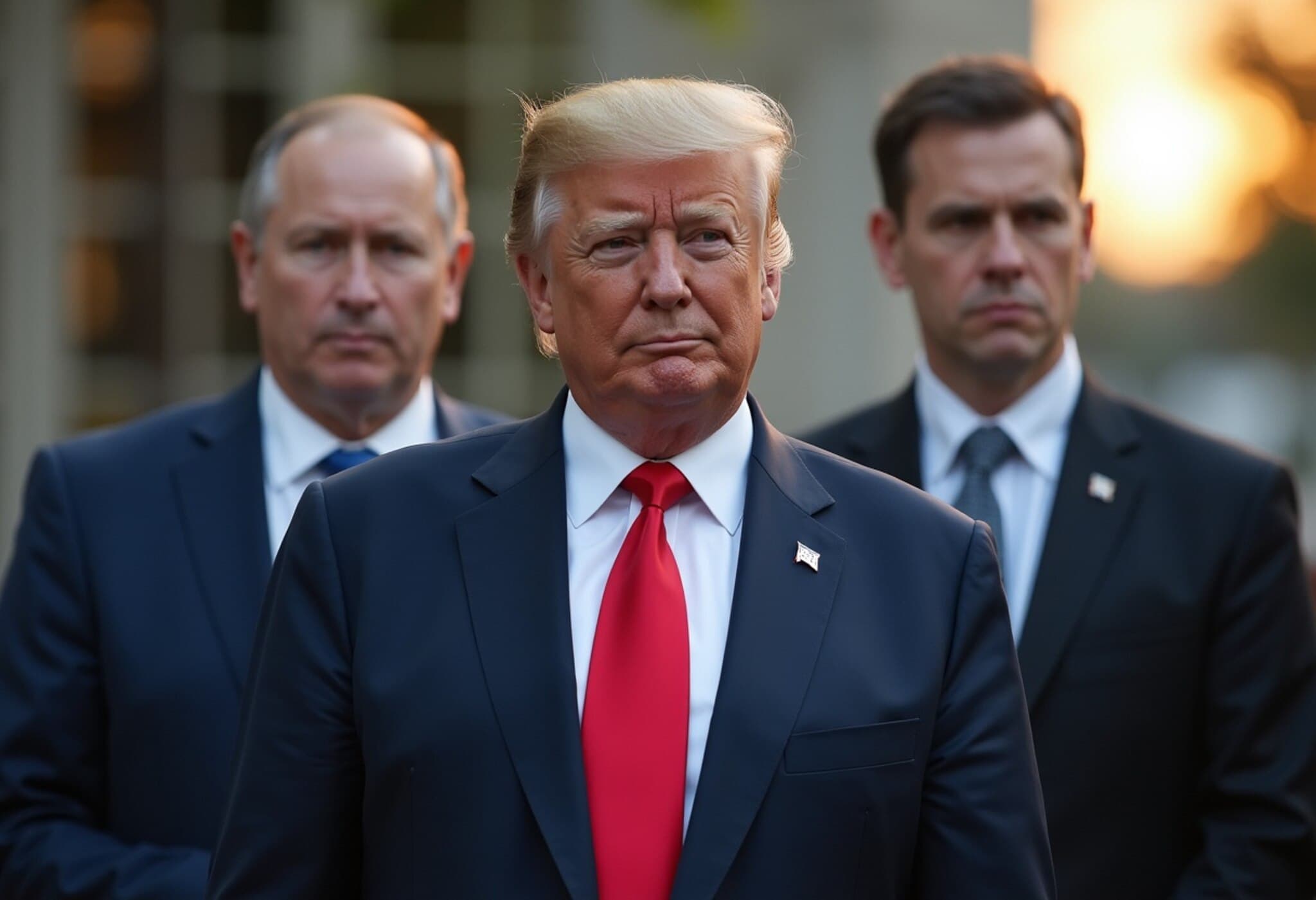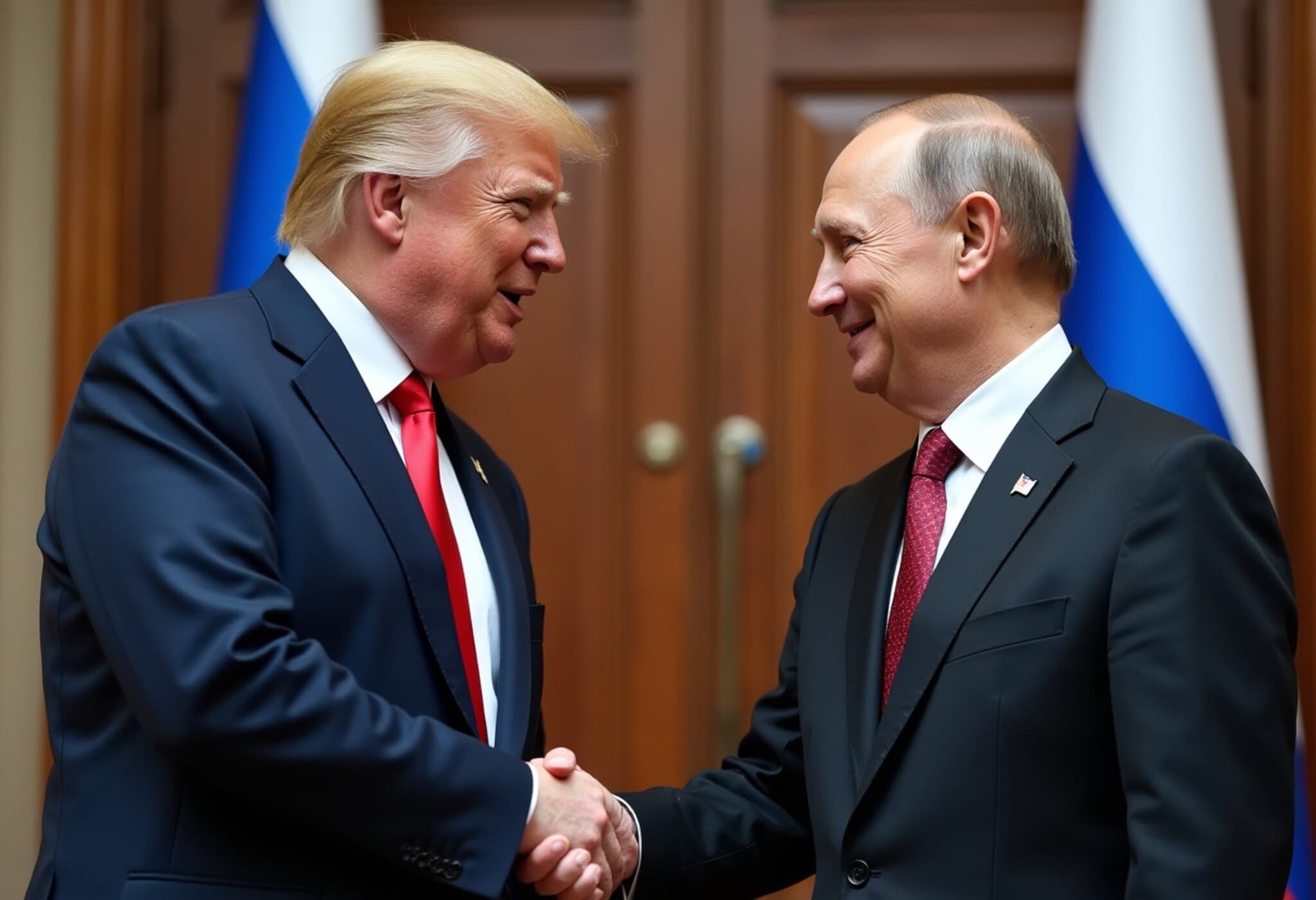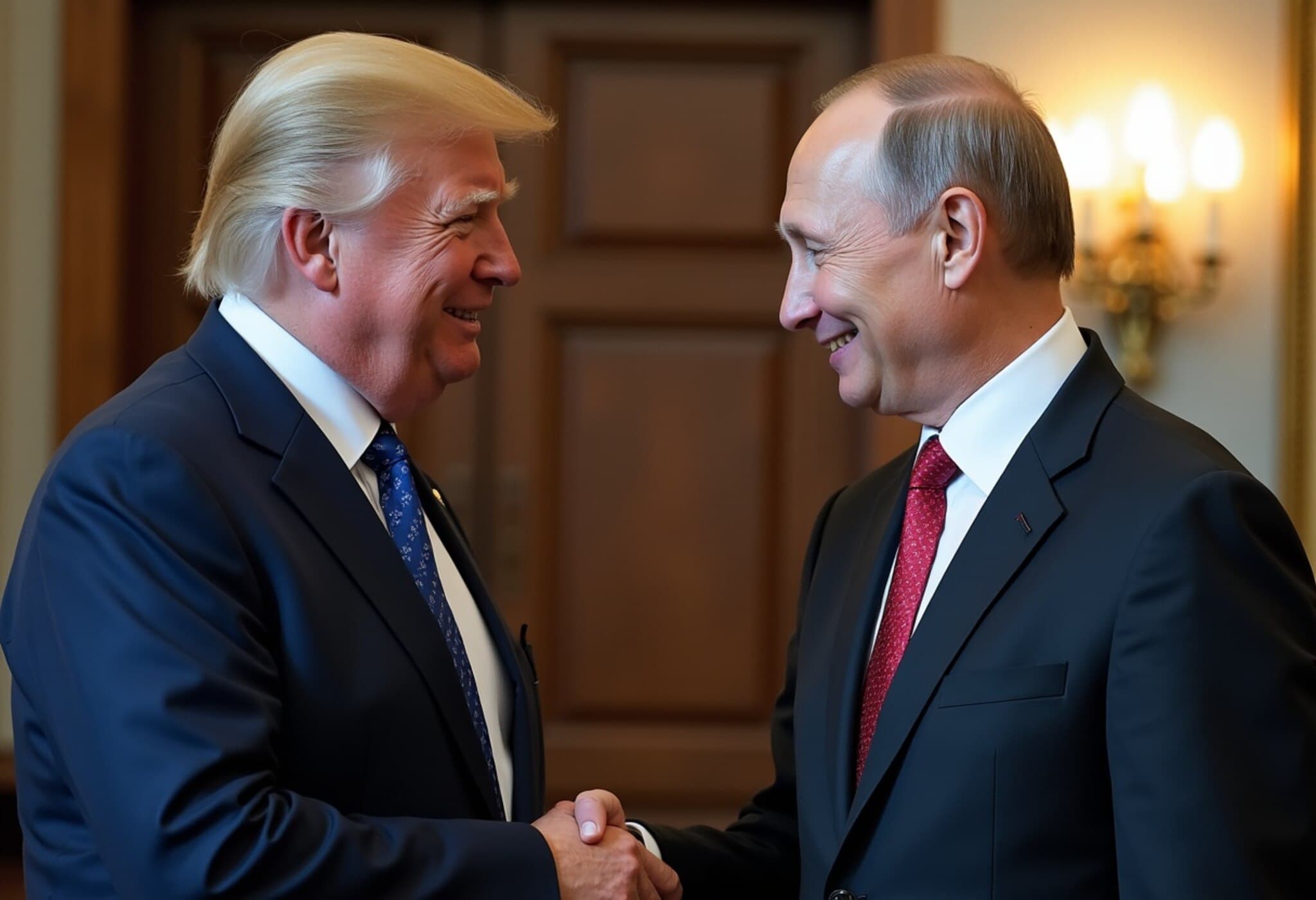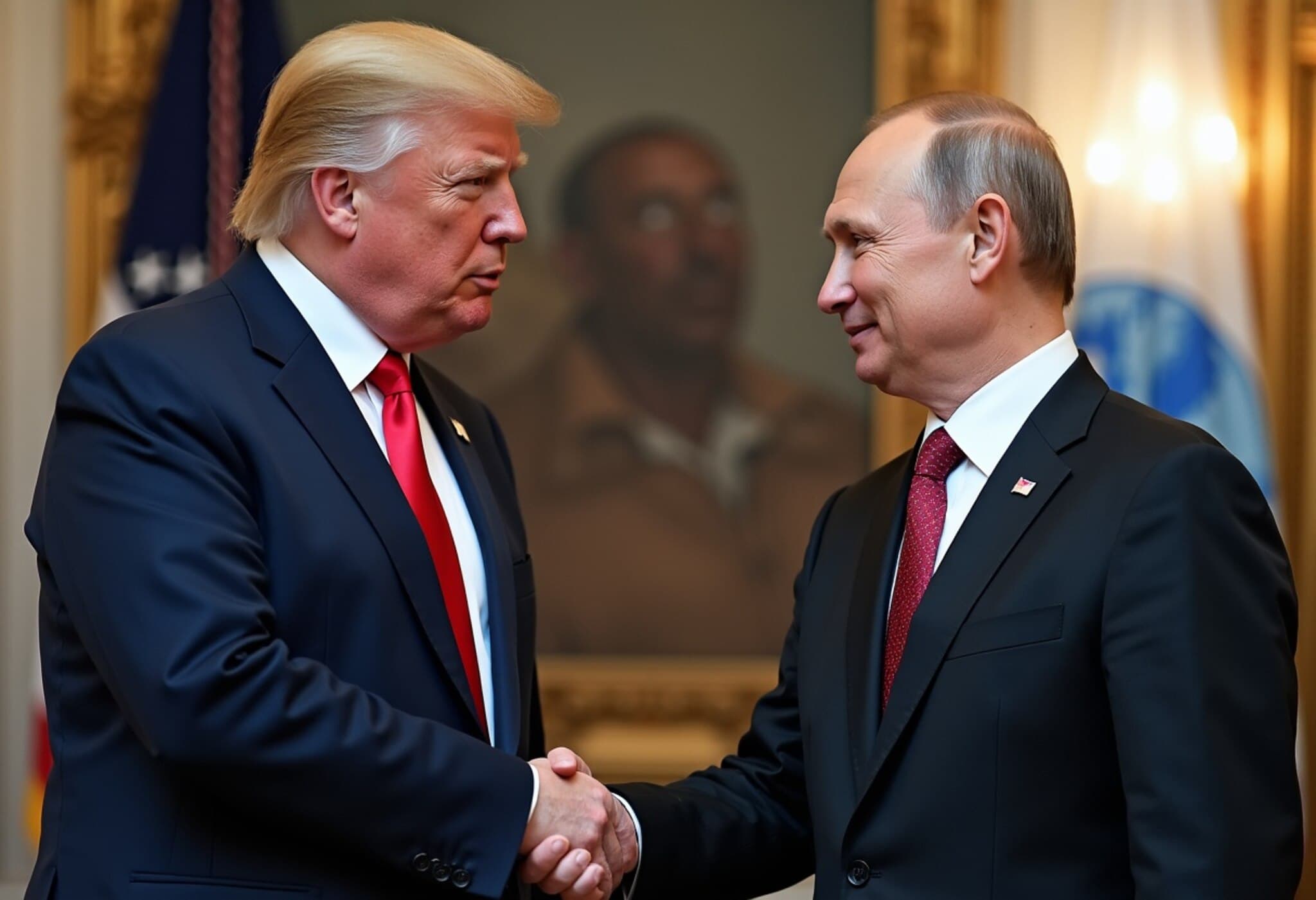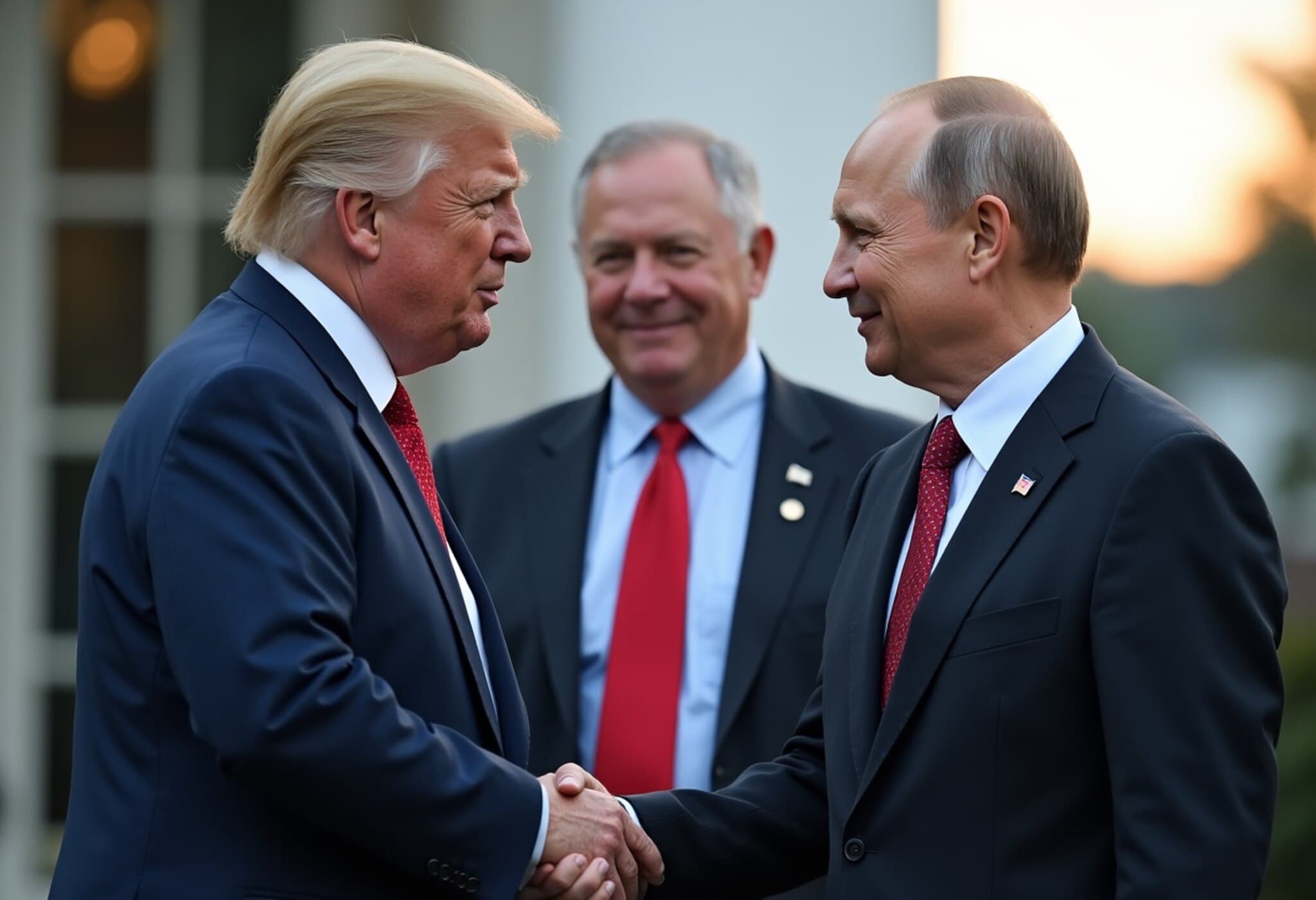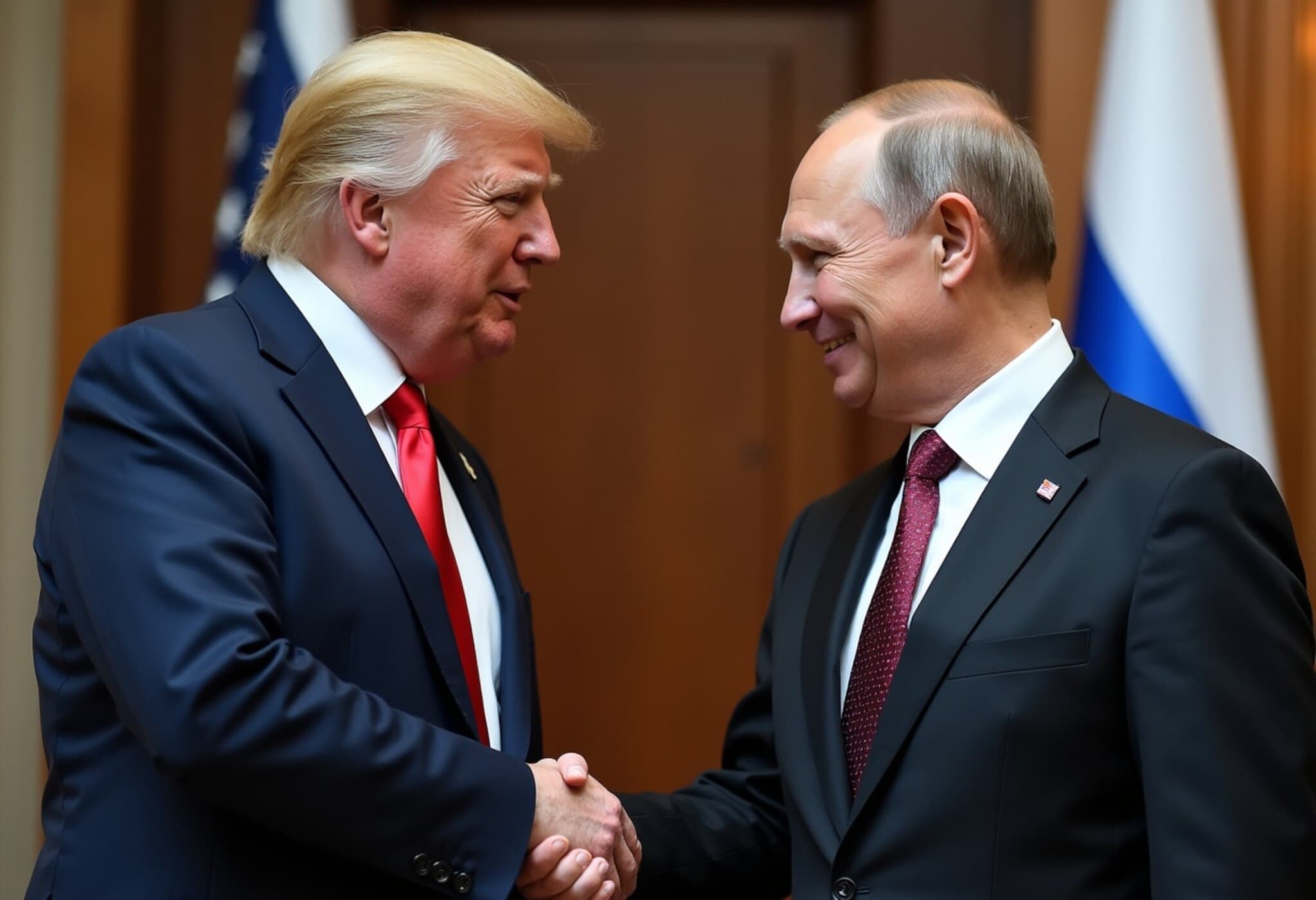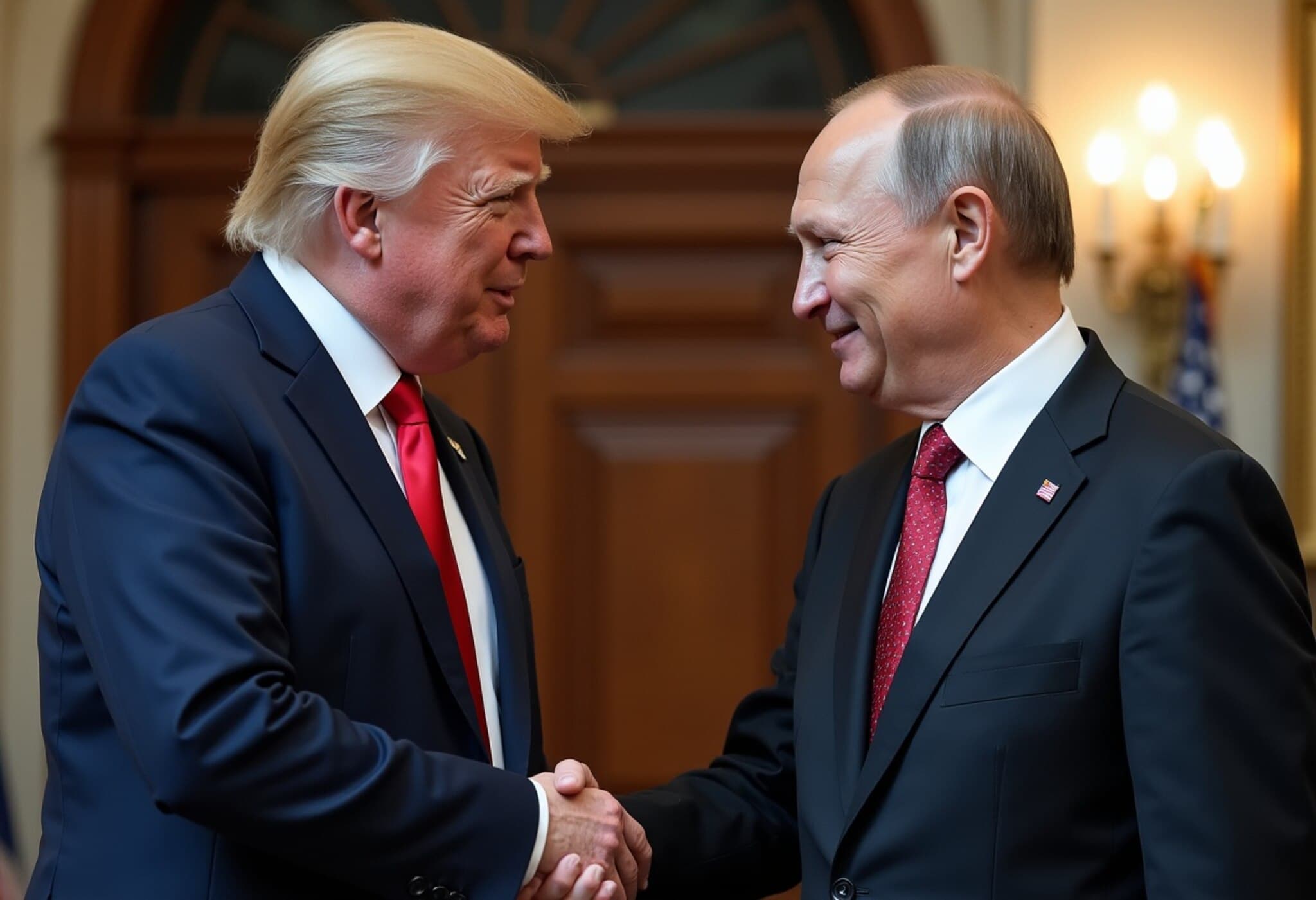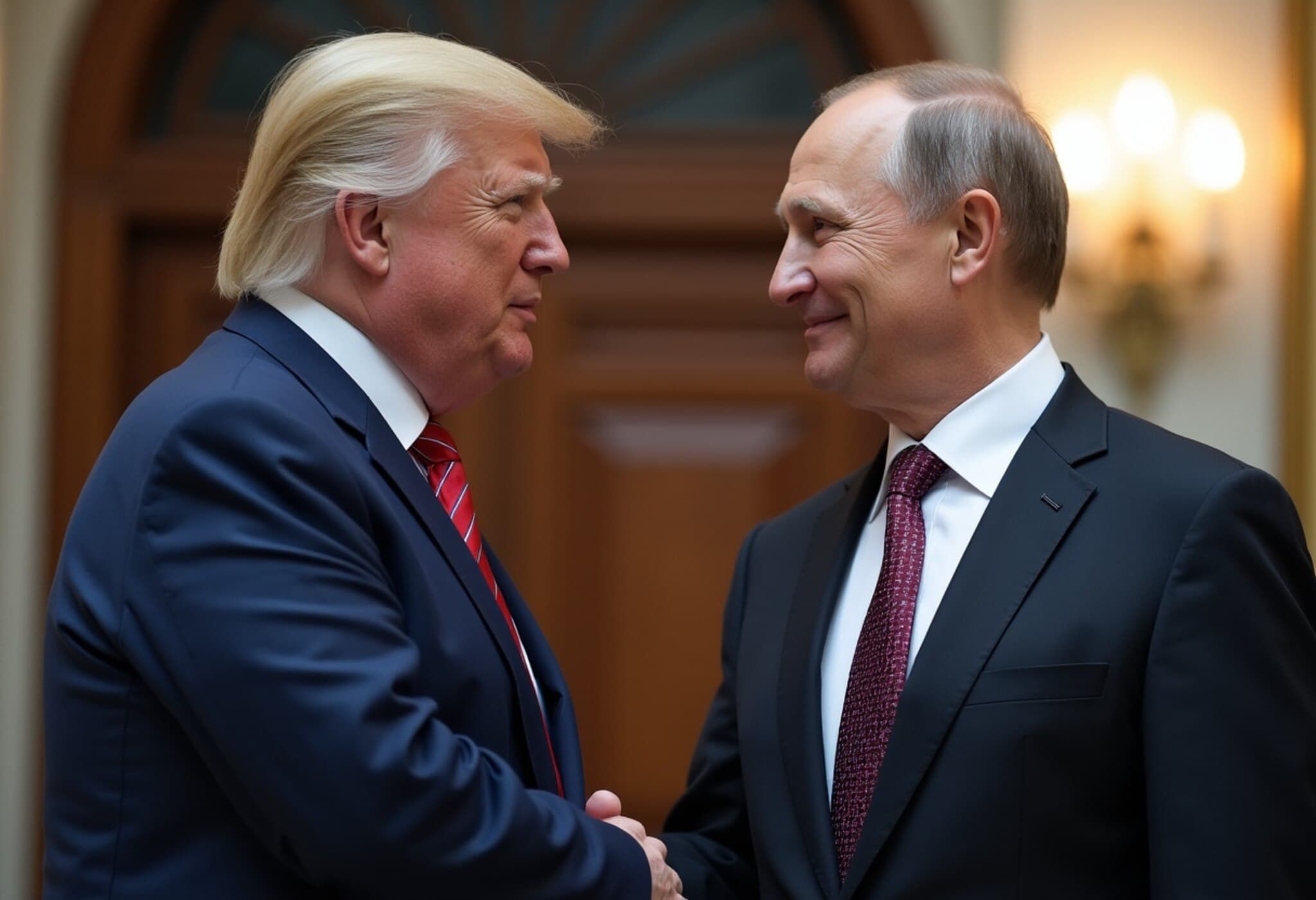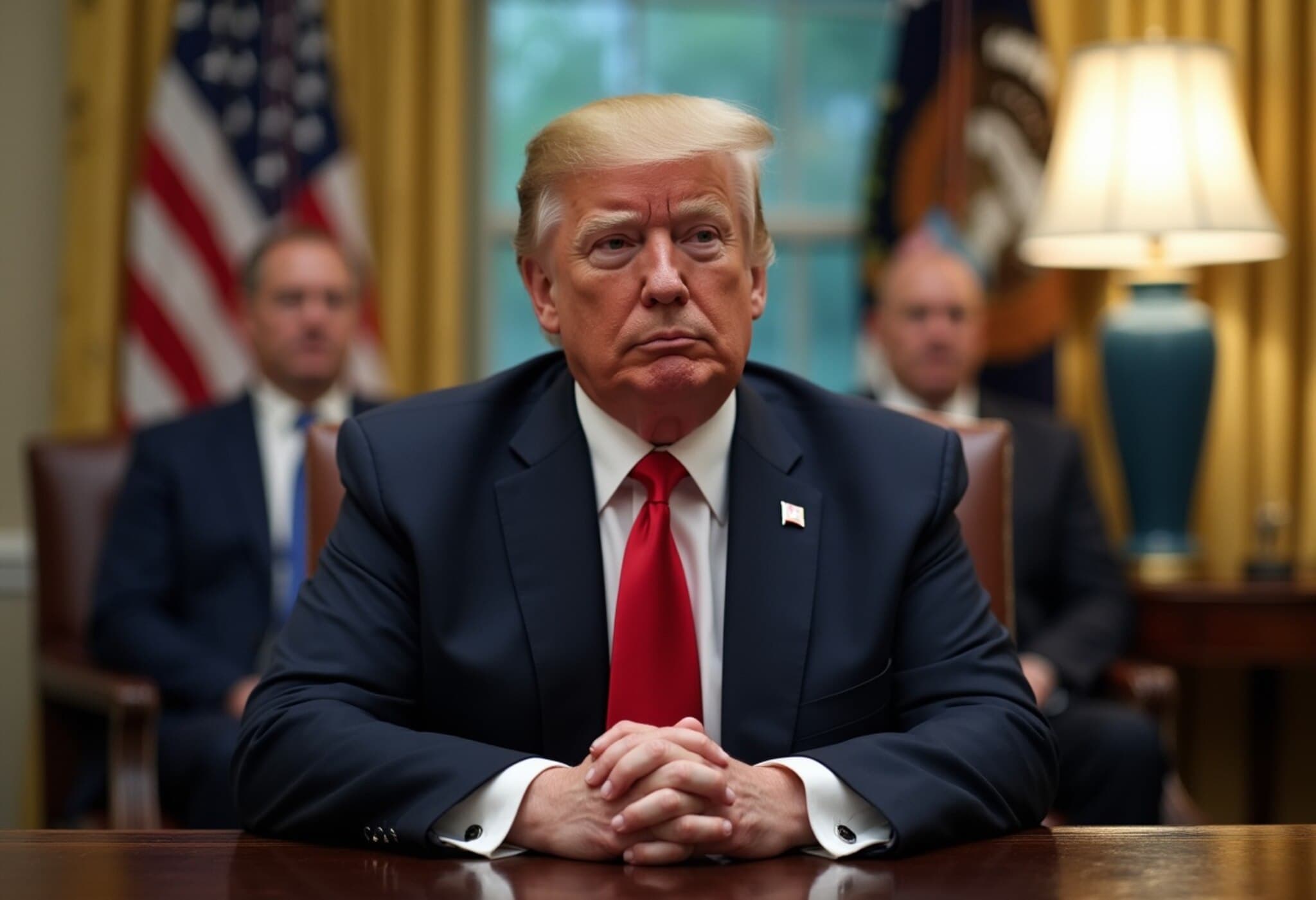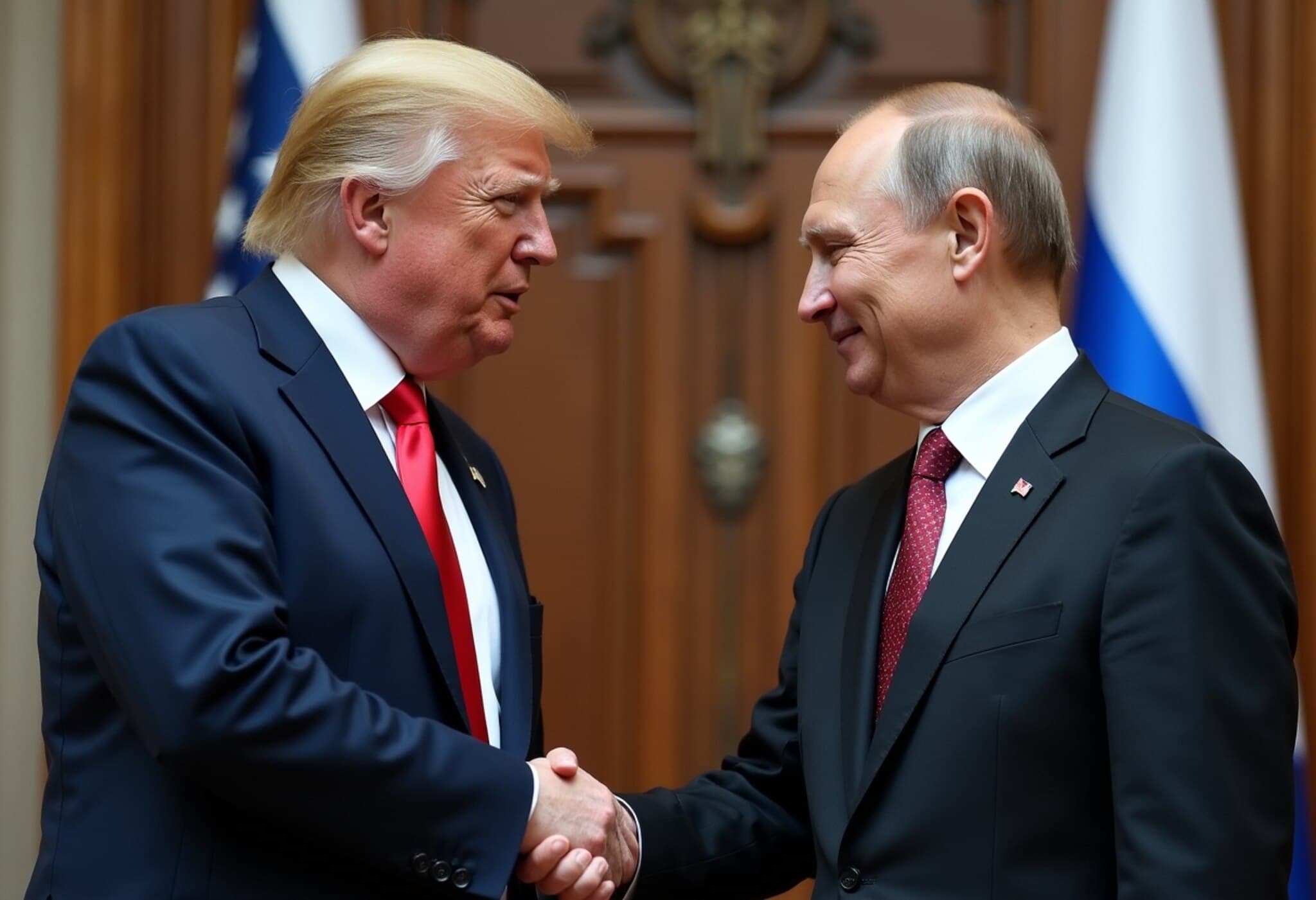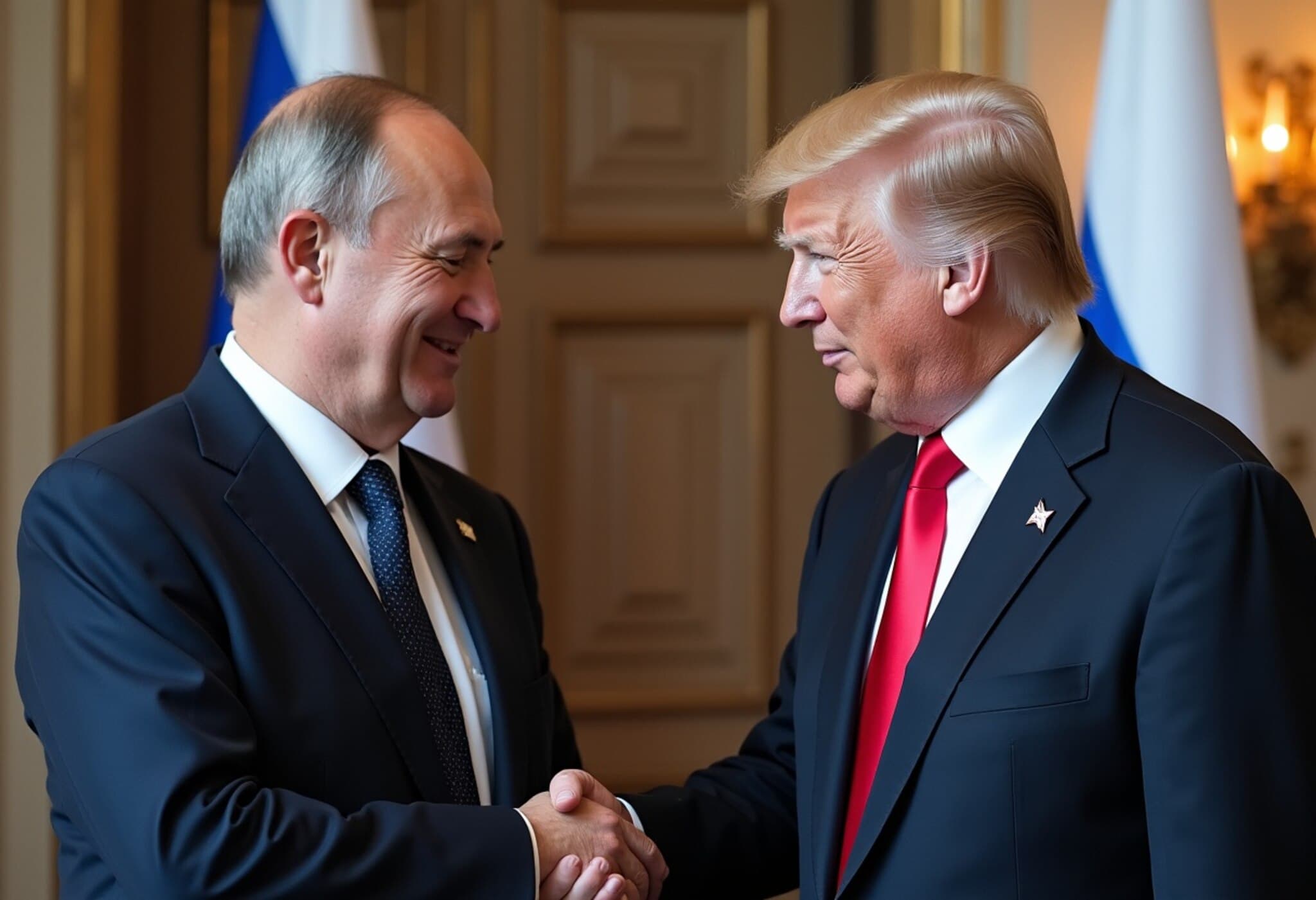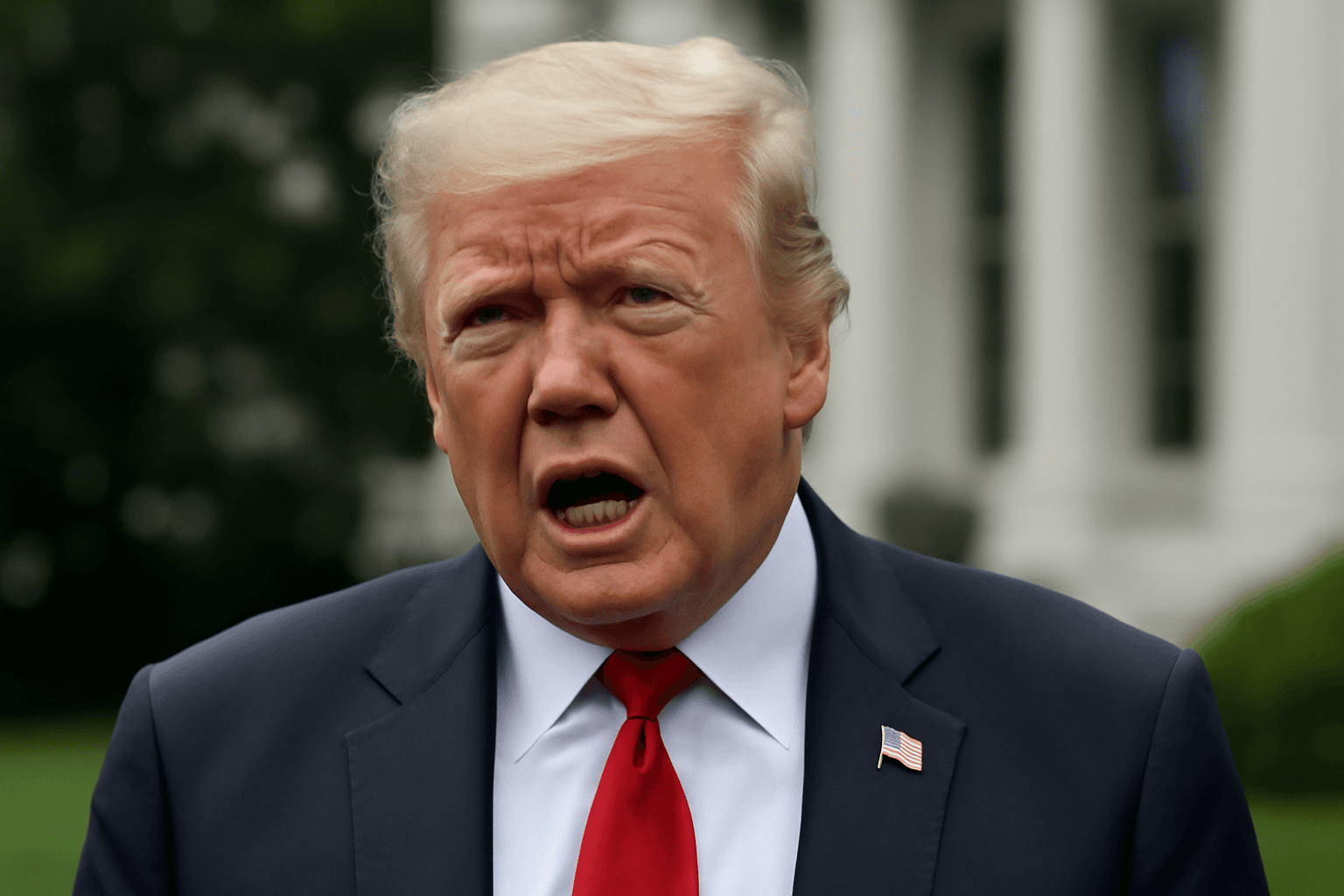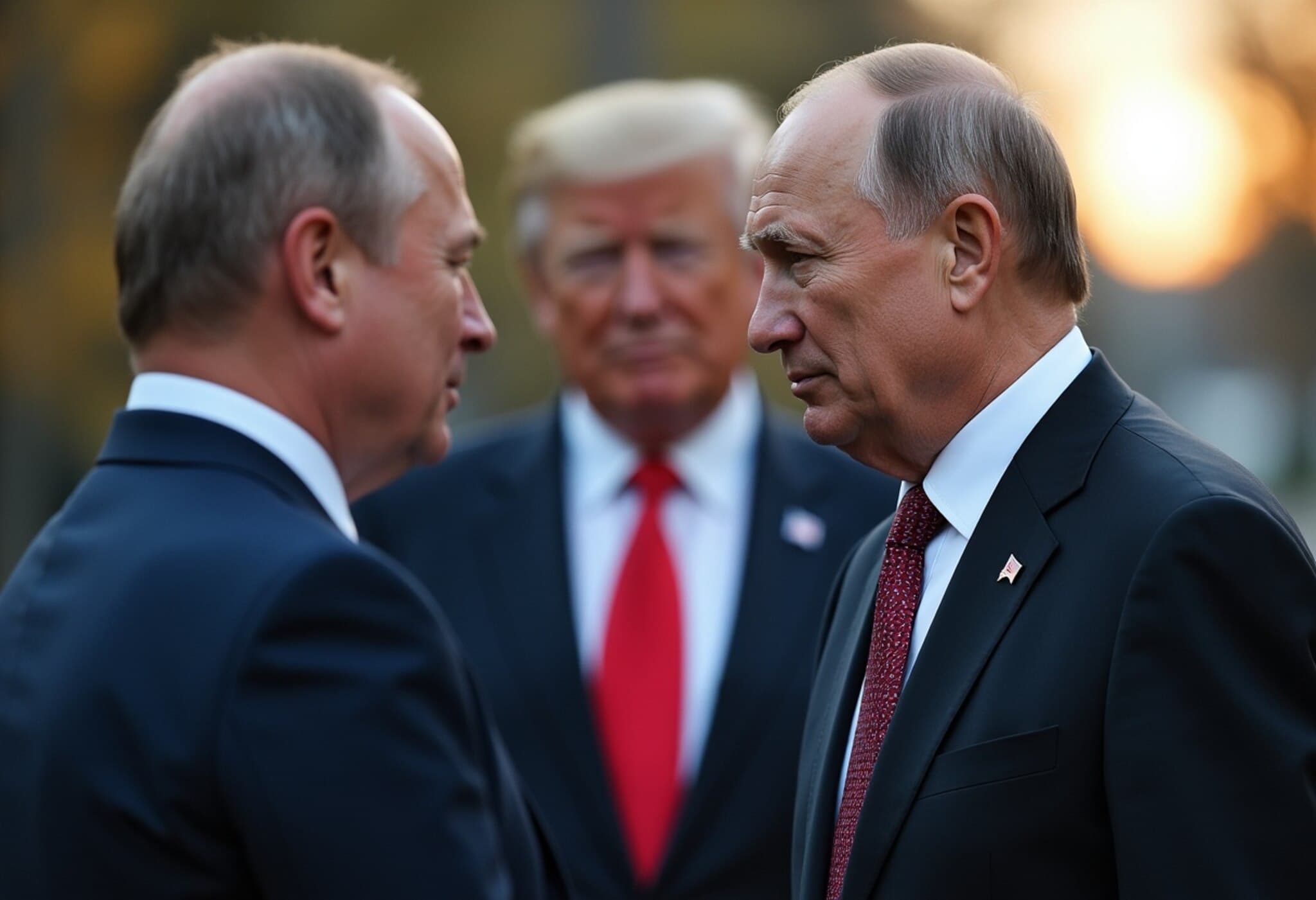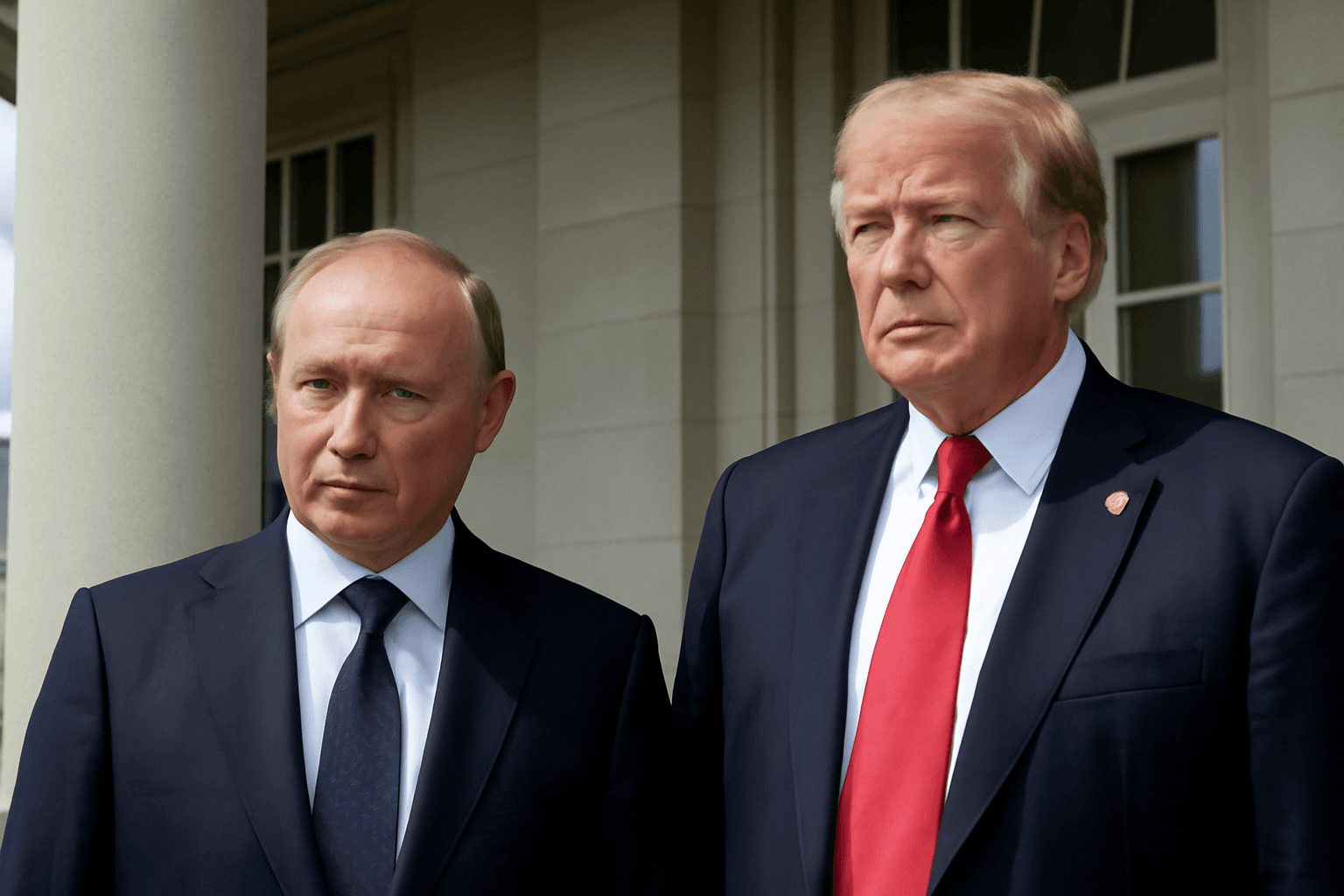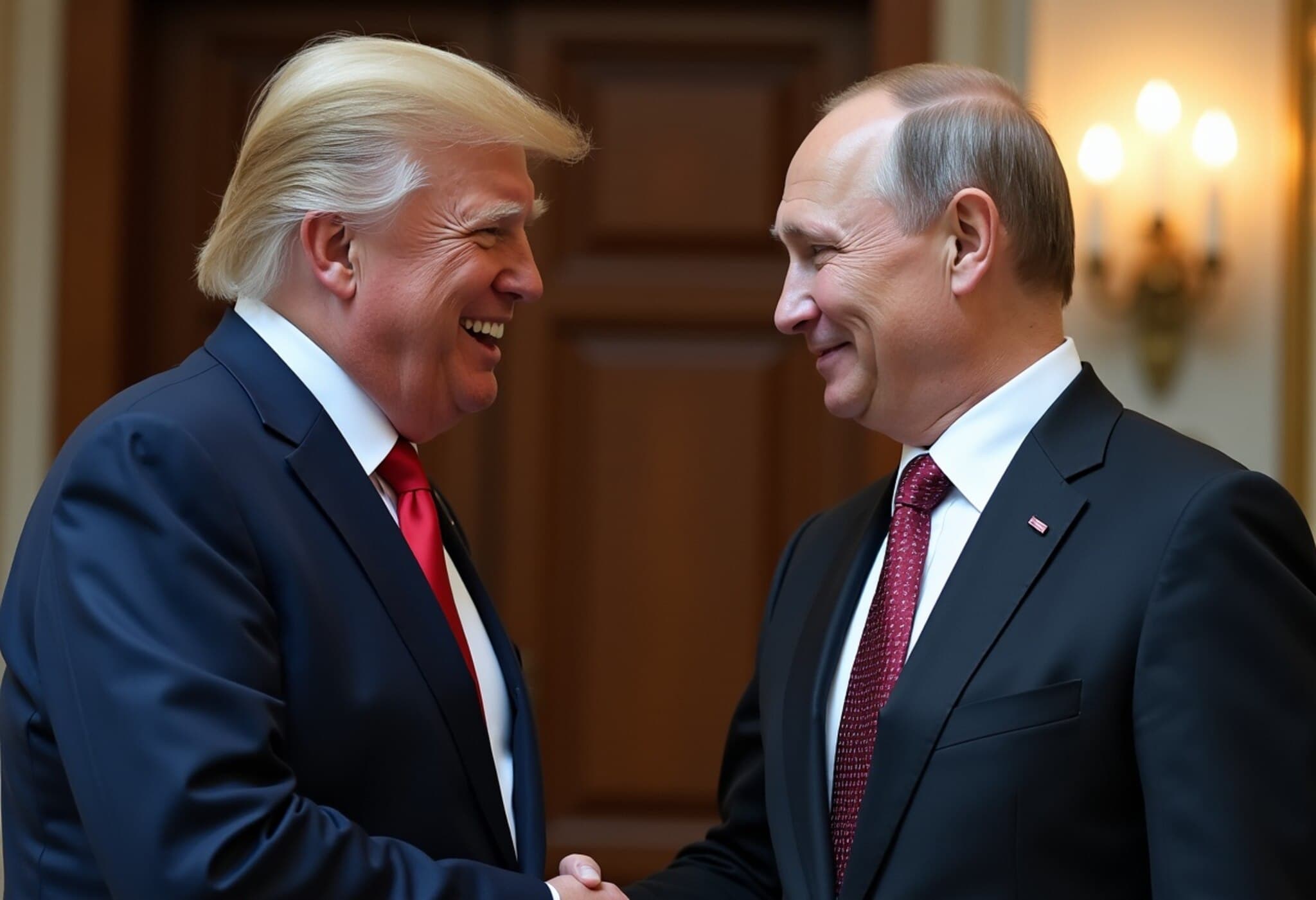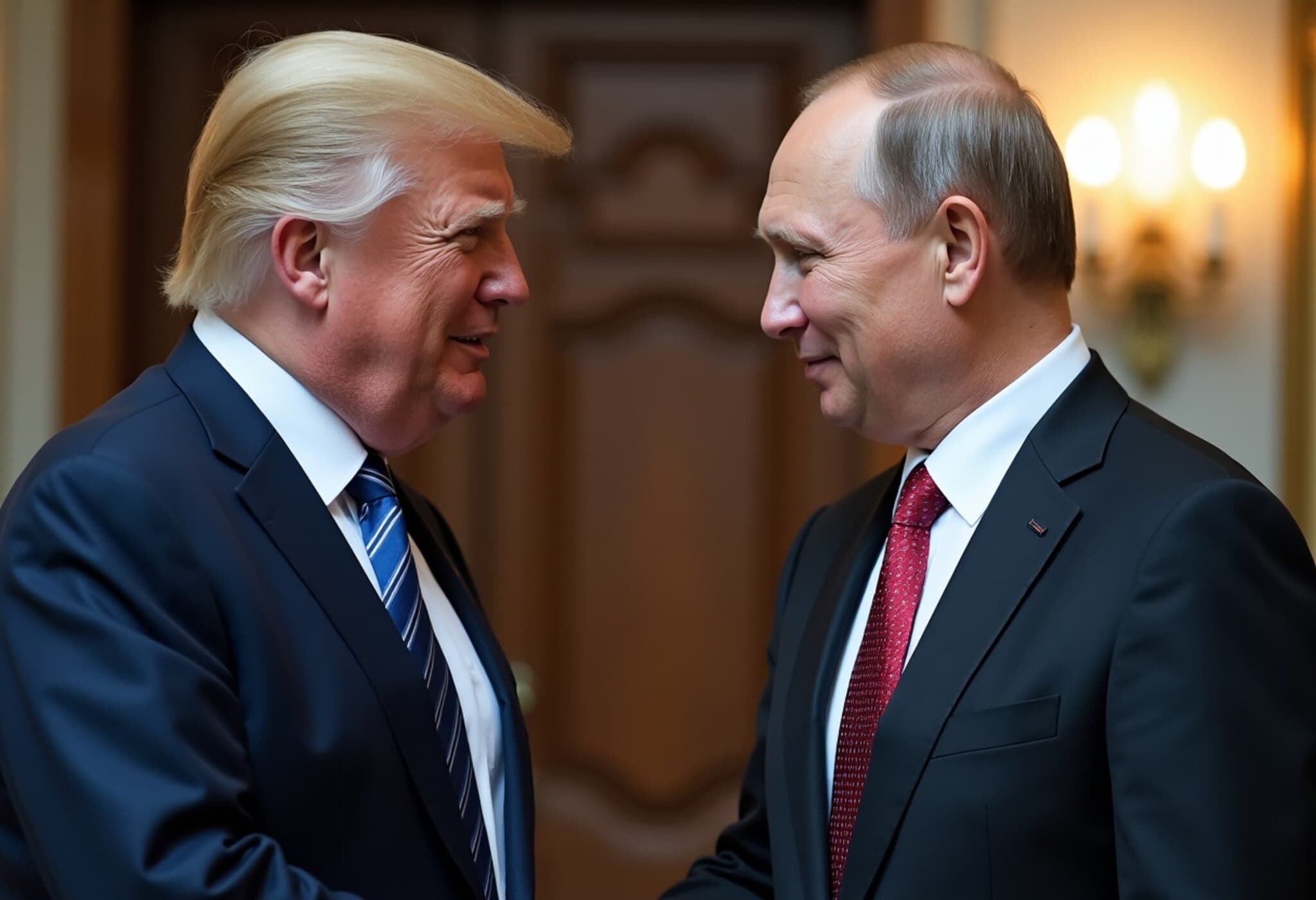Trump Issues Stark Warning to Putin Ahead of Alaska Peace Talks
In a firm and direct statement delivered at Washington's Kennedy Center on August 13, 2025, US President Donald Trump cautioned Russian President Vladimir Putin about "very severe consequences" should Russia fail to cease hostilities in Ukraine. Although Trump refrained from detailing what these consequences might entail, his warning underscores the heightened tensions as both leaders prepare to meet in Alaska later this week.
Uncertain Prospects for Immediate Ceasefire
When pressed on whether he believes he can persuade Putin to stop targeting civilian areas in Ukraine, Trump expressed a blend of optimism and realism. "I’ve had good conversations," he acknowledged, "but then I see reports of rockets hitting nursing homes and apartments, with people tragically losing their lives in the streets." This poignant observation highlights the grim reality on the ground and sets a sober tone for the upcoming summit.
Potential Follow-Up Meeting Involving Zelenskyy
In an intriguing revelation, Trump hinted at the possibility of a second meeting that would include Ukrainian President Volodymyr Zelenskyy, which he believes might be even more productive. "In the first meeting, I plan to understand where we stand. Then, almost immediately, I would like to facilitate a quick, follow-up discussion between President Putin, President Zelenskyy, and myself, if they agree," Trump said. This proposed trilateral engagement, if realized, could mark a pivotal step toward mediation efforts.
European Leaders Back Pressure on Russia and Support for Ukraine
In the lead-up to the summit, European leadership has openly endorsed a strategy focused on sustained pressure on Russia coupled with robust support for Ukraine. German Chancellor Friedrich Merz emphasized, "Trump largely shares Europe's position. The strategy depends on assisting Ukraine and ramping up pressure on Russia. Should Russia not show progress in Alaska, both the US and Europe must escalate their measures." Finnish President Alexander Stubb echoed the sentiment, describing the next few weeks as potentially decisive for Ukraine’s trajectory.
Zelenskyy Calls for Increased Sanctions and Support
From Kyiv, President Zelenskyy urged Western allies to intensify sanctions and assistance, dismissing Putin’s claims that current sanctions have not impacted Russia's economy. "We share a common understanding: as long as Russia refuses peace, we must continue to apply pressure and strengthen support for Ukraine," Zelenskyy asserted. Germany’s recent approval of a $500 million aid package and its role hosting the talks reflect growing European commitment.
Contextualizing the Alaska Summit
This high-stakes dialogue comes amid a conflict that has reshaped global geopolitics and strained US-Russia relations reminiscent of Cold War tensions. The summit’s outcomes may influence not just regional stability, but also the broader international order, economic sanctions regimes, and NATO’s strategic posture.
Expert Insight: Analysts note that while Trump's approach signals readiness for engagement, tangible progress depends on Russia’s willingness to shift from entrenched positions. The prospect of including Zelenskyy directly in negotiations—rare at this diplomatic level—signals a potential shift toward greater Ukrainian agency in peace processes, a critical factor often debated in Western capitals. Pressuring Russia through economic sanctions while pursuing diplomacy encapsulates the dual-track strategy favored by many experts.
Looking Ahead
- The summit’s immediate impact will be assessed based on Russia’s response to ceasefire demands.
- Follow-up trilateral talks could pave the way for a more comprehensive conflict resolution framework.
- Western unity remains crucial, balancing sanctions pressure with diplomatic openness.
Editor's Note
The upcoming Alaska summit represents a rare diplomatic crossroads amid one of the most challenging conflicts of the decade. While President Trump's warning highlights the gravity of the situation, the nuanced interplay between military realities, economic sanctions, and high-stakes diplomacy poses complex challenges. Observers should watch how the summit coordinates US and European policies and whether it marks a turning point toward peace or signals a prolongation of hostilities. The inclusion of President Zelenskyy in talks could redefine mediation efforts, underscoring Ukraine’s integral role in shaping its future.

